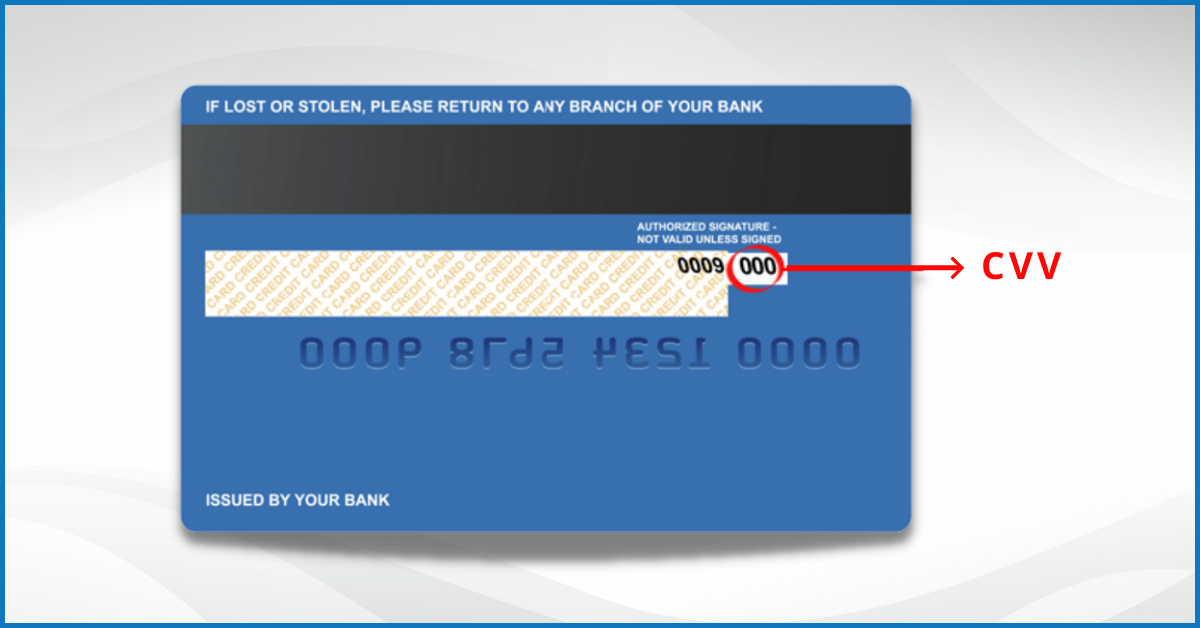 There is no denying that modern times have brought a significant change in the way we shop and the way we make purchases. Nowadays, most of us rely on online shopping to get the things we need and want. However, as convenient as it may be, online shopping comes with certain risks, particularly when it comes to financial security. In recent years, cvv buy cards has become increasingly popular in the black market. In this blog post, we’ll discuss what CVV cards are, why criminals buy them, and what you should know to stay safe and avoid becoming a victim.
There is no denying that modern times have brought a significant change in the way we shop and the way we make purchases. Nowadays, most of us rely on online shopping to get the things we need and want. However, as convenient as it may be, online shopping comes with certain risks, particularly when it comes to financial security. In recent years, cvv buy cards has become increasingly popular in the black market. In this blog post, we’ll discuss what CVV cards are, why criminals buy them, and what you should know to stay safe and avoid becoming a victim.
To begin with, CVV stands for Card Verification Value. It is a three- or four-digit number that is printed on the back of credit or debit cards. The purpose of the CVV code is to add an extra layer of security to prevent fraudulent transactions and protect the cardholder’s identity. When you make an online purchase, you are usually required to enter the card number, expiration date, and CVV code. Criminals who buy CVV cards are looking to exploit this security feature by using stolen card information to make unauthorized purchases.
The process of buying CVV cards involves several steps. First, thieves need to obtain the card information, which they can do by using various methods such as phishing scams, skimming devices, or hacking into payment systems. Once they have the card data, they can encode it onto a blank card or sell it on the black market. CVV cards are sold in batches of 10 to 100 or more and are typically priced according to the card issuer and cardholder’s credit limit. The criminals who buy CVV cards use them to purchase goods or services online, or they can withdraw cash from ATMs.
As a consumer, you need to be aware of the risks of buying CVV cards. For one, it is illegal to possess or purchase stolen credit card information. If caught, you could face serious penalties, including fines and jail time. Moreover, if you buy a CVV card, you are funding criminal activity and putting yourself at risk of becoming a victim of identity theft. Criminals who sell CVV cards are not trustworthy individuals, and they are known to scam unsuspecting buyers by selling fake or already used card numbers.
To avoid becoming a victim of CVV card scams, you should take several precautions. First, always use reputable and secure payment methods when making purchases online. Avoid using public Wi-Fi or unsecured networks when entering sensitive information. Additionally, be cautious of unsolicited emails or messages that ask for your personal or financial information. Never click on links or attachments from unknown senders as they may contain malware or phishing scams.
Conclusion:
In conclusion, buying CVV cards puts you at risk of financial fraud, identity theft, and criminal prosecution. It is always better to play it safe and avoid getting involved in such activities. Always use secure payment methods and be cautious of phishing scams and suspicious emails. Lastly, remember that prevention is key to staying safe online. Stay vigilant, stay informed, and always prioritize your financial security when making purchases on the internet.






